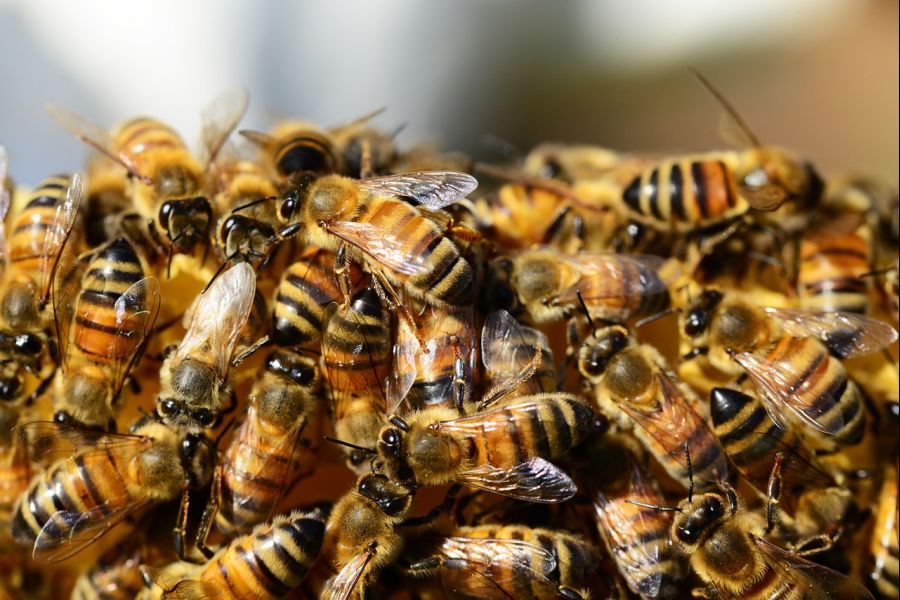Niagara Falls wants to be the region’s second Bee City, following St. Catharines' lead.
City council voted to send an application to Bee City Canada at a meeting on Tuesday, after receiving a presentation from local bee activist Renee Delaney, who made the case that bees aren’t just bio-indicators, they’re connected to the local economy.
“It’s funny, but it all ties into the bees,” Delaney said.
Delaney said she was glad to have ten minutes to address council because “the bees seemingly aren’t being heard.”
“The bees are dying … Is there anything we can do to help them?”
She said there is “no easy answer,” though the first step is for municipalities across the country to identify what's hurting bees and find solutions, such as looking at pesticide laws, which types of pesticides to use and possible alternatives to pesticides.
“Can we go deeper? Can we look into what we can actually do that’s tangible here?”
The Bee City resolution rather simple, Delaney said.
“As an example of what Bee City is, we’re putting in six gardens in Toronto, but we’re putting them in with food and flowers.”
She said the organization is also working with schools to educate children on what is killing bees.
At Small Scale Farms, Delaney is attempting to promote bee populations through growing food for humans so the efforts also directly help the community.
“Each step is connected to a bigger picture,” Delaney said. “We’re starting to look at local food distribution and how we can pay a little bit more attention to local economy.”
Delaney thinks growing more food without pesticides could be part of the solution, and help increase the amount of local produce in famers' markets.
“A pesticide is designed to … kill an insect. So not necessarily a pest, but sometimes you sort of take the whole lot … We’re not here to argue about that anymore. We’re starting to find a solution.”
“Through that process with St. Catharines, it was just a wonderful learning experience … Now standing here and asking my hometown if you want to be a Bee City, it means a lot. Because your second on the list. Then Welland. Then Port Colborne. Then we go from municipality to municipality.”
Delaney said Small Scale Farms now has a “small army” of volunteers dedicated to saving the bees.
Niagara Parks has taken pollinator garden initiatives already, having unveiled a route of 12 pollinator gardens in 2017, including more than 15,000 native wildflowers and shrubs.











